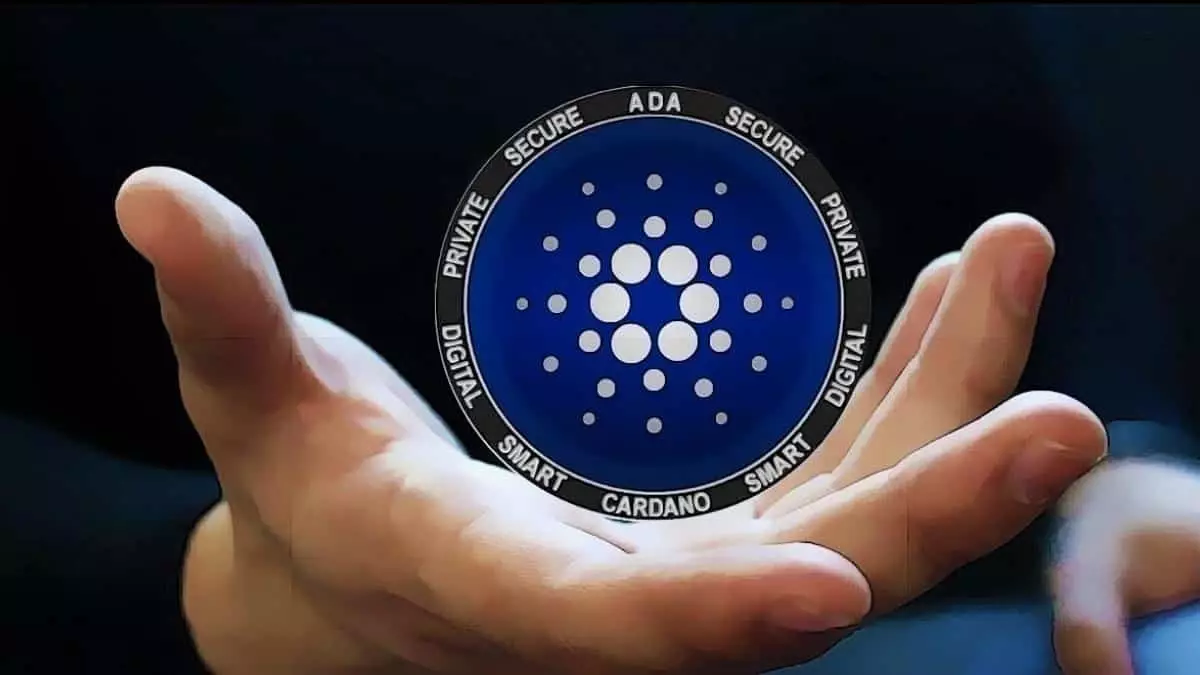In the world of cryptocurrencies, few names resonate as powerfully as Charles Hoskinson, the co-founder of Cardano. However, recent allegations have put his reputation in jeopardy. A user named Masato Alexander accused Hoskinson of orchestrating a massive fraud involving 318 million ADA, a currency valued at a staggering $619 million. The implications of these claims are profound, suggesting not only potential misconduct from Hoskinson himself but also raising questions about the trustworthiness of the entire Cardano ecosystem.
It’s essential to recognize how such scandalous allegations can spill over into broader conversations about transparency and accountability within the cryptocurrency space. Hoskinson’s response is not merely a bid to protect his own legacy but serves to reinforce the fragile fabric of trust that binds the community together. When such serious accusations arise, they highlight the vulnerabilities inherent in decentralized networks.
The Role of the Allegra Hard Fork
The Allegra Hard Fork, which initially promised to benefit Cardano’s users by enhancing blockchain functionality, suddenly turned into a flashpoint for controversy. According to Alexander, under the guise of improving the network, Hoskinson allegedly embedded malicious code that allowed him to siphon off the substantial amount of ADA to reserves under his control. This narrative raises a crucial question: how well are users protected from manipulation by those at the top?
The hard fork was touted as a necessary evolution in Cardano’s technical capabilities, yet it has instead become the focal point of an existential crisis for the blockchain. If the founder of a project seen as a pioneer in decentralized finance is embroiled in these kinds of allegations, how can citizens of the crypto world feel secure about their investments? The very innovations meant to bring trust and empowerment could be weaponized against it.
Hoskinson’s Defense: A Desperate Attempt or a Strategic Move?
In the wake of these rumors, Hoskinson took to social media to defend himself. His argument hinges on the notion that the ADA accounts allegedly compromised had become unspendable following the hard fork, subsequently classified as custodial. This reasoning, however, only partially addresses the broader implications of his alleged actions. His threat of legal repercussions against Alexander, who bravely launched the first accusation, suggests a defensive posture that some might interpret as an admission of guilt.
Moreover, Hoskinson’s broader strategy of signaling a shift in how he interacts with the Cardano community raises eyebrows. His intention to hand over his X account to a media company indicates a desire to distance himself from personal oversight of public relations while maintaining a public persona. But can this approach truly shield the ecosystem from doubts sown by scandal? Alternatively, it could open a Pandora’s box of further scrutiny into decisions that may appear increasingly opaque.
The Implications for Trust and Transparency
Trust, once shattered, is notoriously difficult to rebuild, especially in a space as speculative and shadowy as cryptocurrency. The Cardano community faces a pivotal moment. If users cannot feel secure in their investments, and if the very leaders they depend on for guidance may be engaging in questionable practices, the ramifications could be severe. The credibility of the project is at stake, which could lead users to abandon it in favor of more reputable alternatives—those with established transparency and accountability protocols.
Furthermore, Cardinal’s foundation rests on ideals of decentralization, community, and empowerment. If the founder is viewed as having betrayed these core principles, it isn’t merely the ADA token that suffers; it’s the entire philosophy behind the blockchain. The fallout from these allegations may catalyze demand for reforms within the cryptocurrency sector, prompting users and developers alike to call for bolstered mechanisms against potential misuse of power.
As the story of Cardano and its founder continues to unfold, those involved in the cryptocurrency space must remain vigilant. The allegations of misconduct are shocking, and the surrounding narrative of accountability raises essential questions that must be addressed. Without stringent measures to ensure that those who stand at the helm of these innovations are held to the highest standards of integrity, the future of cryptocurrencies could be mired in skepticism rather than celebrated for its potential to liberate and empower.
For followers of Cardano, the coming weeks will be crucial; how they respond to this controversy may very well dictate the project’s long-term viability in an industry where trust is paramount.

